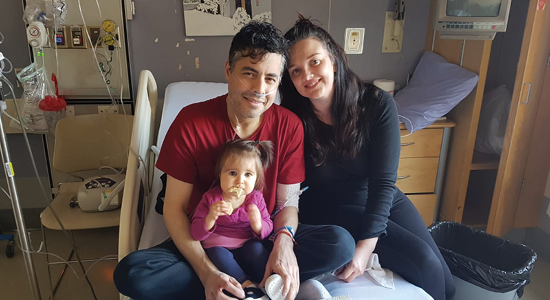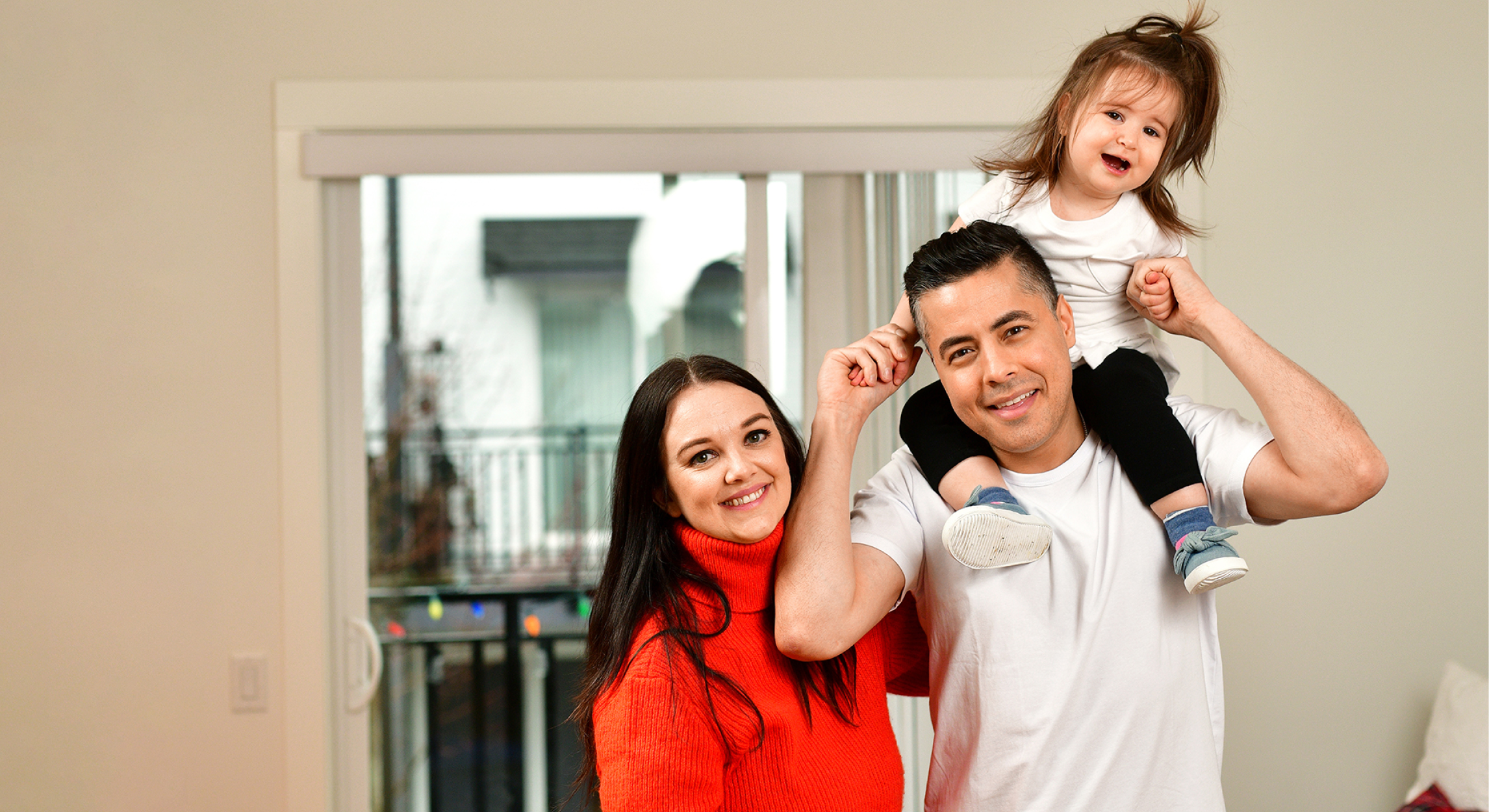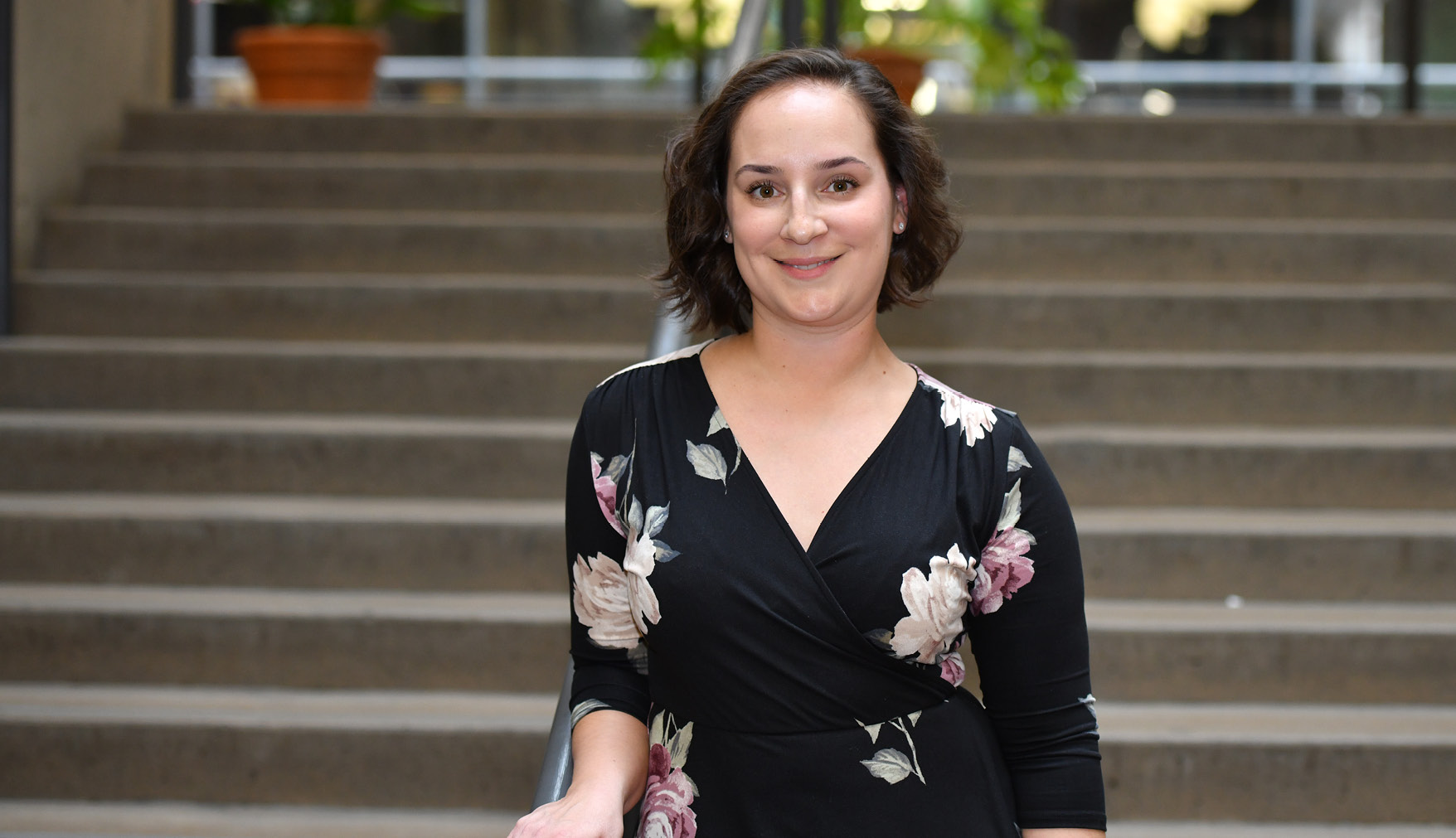
Patients like Nick Kanaan.
Nick is a young father in his 30s who suffers from cystic fibrosis. In 2019, this disease nearly took his life until he received a double-lung transplant at VGH.
Like most transplant patients, Nick is taking medicine that suppresses his immune system. These medications are a vital part of recovery that purposefully weakens and/or prevents white blood cells in Nick’s body from attacking his new organ.
“The reality is these meds come with several side effects and also puts all patients at a much higher risk of infection and severity of infection,” says Nick. “These drugs are essential for both my recovery and life expectancy. Without these meds, the new organ would be rejected, leading to damage and possibly death.”


